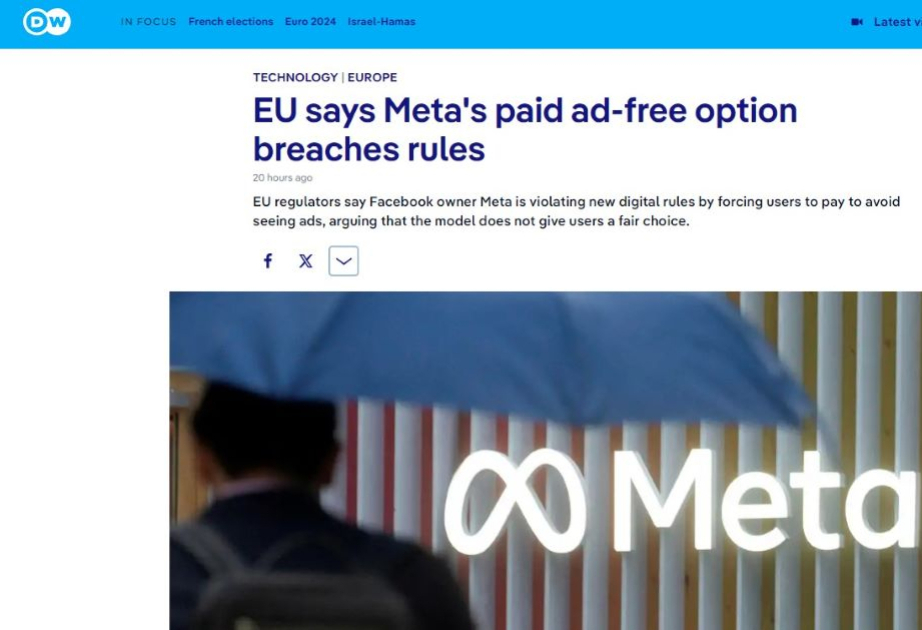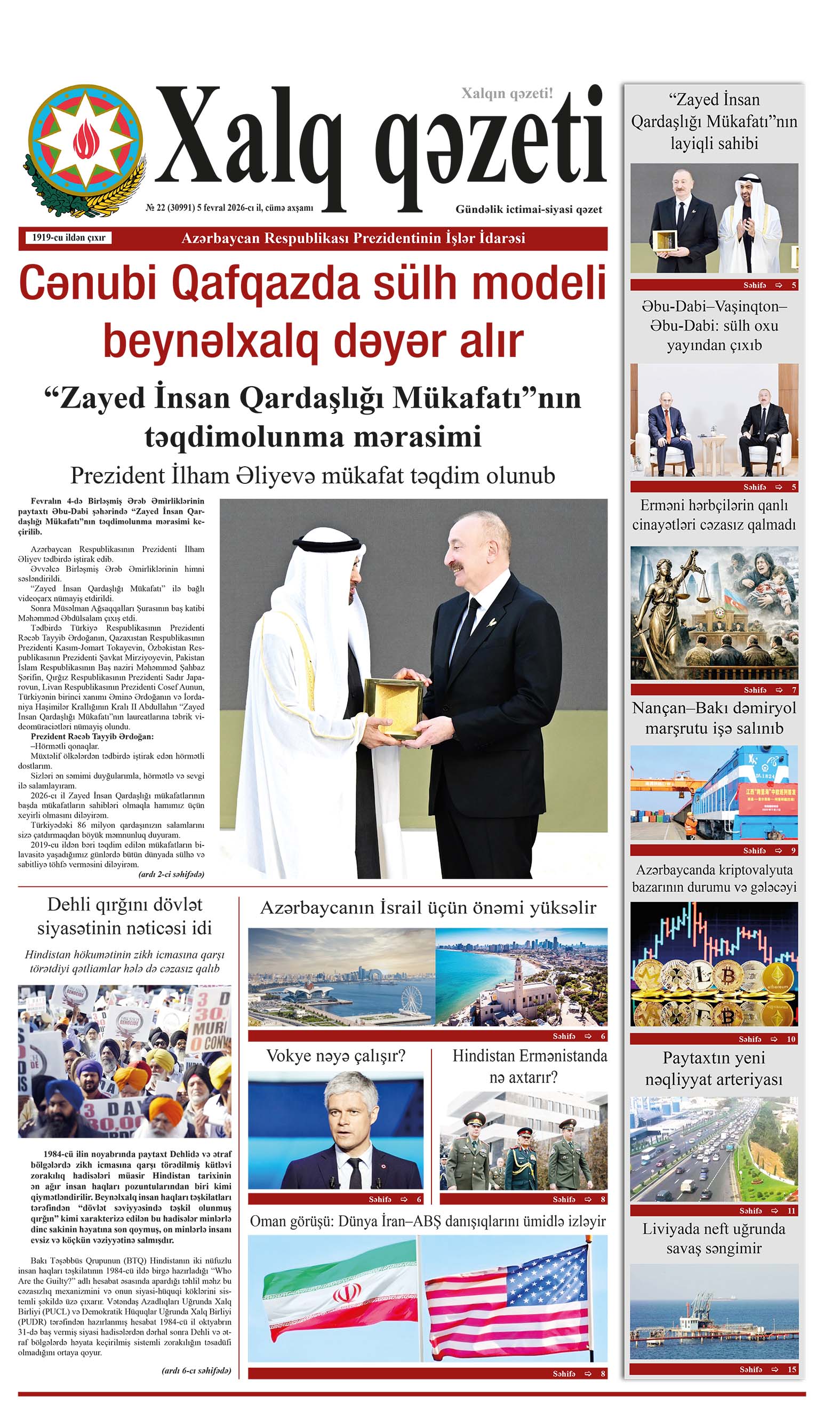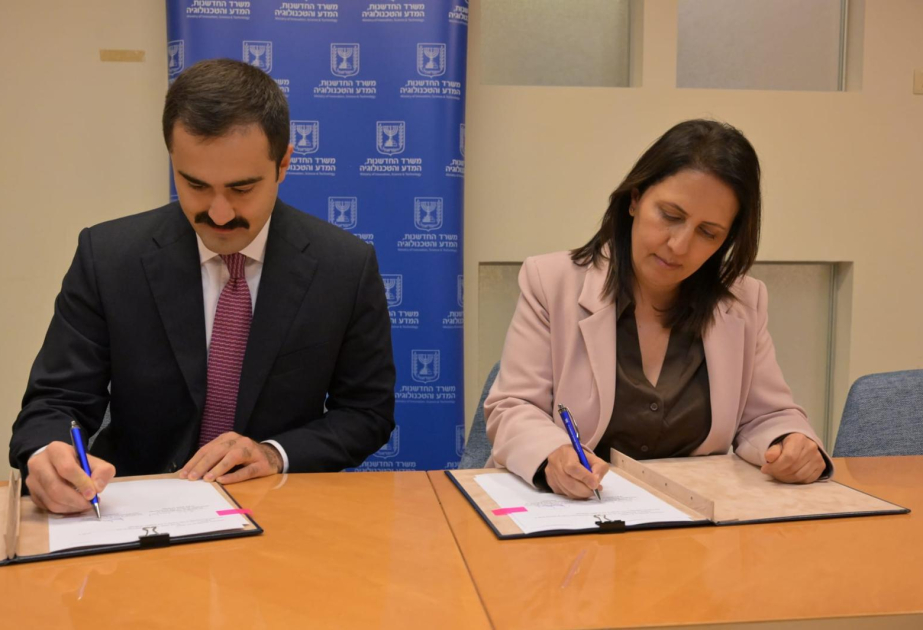The European Union on Monday accused Facebook owner Meta of noncompliance with the bloc's digital rules by introducing a paid ad-free option, according to Deutsche Welle.
The system means that users must pay to avoid data collection or consent to their data being harvested by Facebook and Instagram to continue using the platforms for free.
If found in breach of the EU's Digital Markets Act (DMA), the US tech giant could potentially face fines to the tune of billions of euros if it fails to change the model in accordance with the DMA rules.
Since November, Meta has been giving users in Europe the option of subscribing to ad-free versions of Facebook and Instagram to meet the requirements of the DMA.
However, the European Commission said it has now informed Meta of its "preliminary view" that the model "fails to comply" with the DMA.
In a statement, the EU's antitrust regulator said, "This binary choice forces users to consent to the combination of their personal data and fails to provide them a less personalized but equivalent version of Meta's social networks."
In April, European data regulator already said the "pay or consent" model did not fit in with the bloc's General Data Protection Regulation (GDPR), which upholds the privacy of users' information.
Meta, however, insists that the model is DMA-compliant.
"We look forward to further constructive dialogue with the European Commission to bring this investigation to a close," a Meta spokesperson said.
The DMA aims to prevent big tech companies from cornering digital markets, while creating a fairer digital space by restricting how the biggest companies, labeled as "gatekeepers," act online, including by ensuring that they give users more choices.
DMA rules prevent such companies from forcing users in the bloc to consent to have access to a service or certain functionalities.
"The DMA is there to give back to the users the power to decide how their data is used and ensure innovative companies can compete on equal footing with tech giants on data access," European Commissioner Thierry Breton, who oversees the bloc's digital policy, said in a statement.
Monday's accusation comes after the European Commission started a probe in Meta under the DMA in March.
The act allows offending companies to be given fines of up to 10% of global turnover, and up to 20% for repeat offenders.
Last year, Meta took in around €125 billion ($135 billion) in total revenue.
The commission will adopt a decision on whether Meta's model is DMA-compliant by late March 2025.




















